MedTech News
.................... by Andrew Celentano
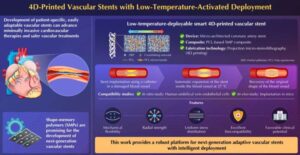
4D-printed vascular stent deploys at body temperature, eliminating external heating
Next-generation vascular stents can make cardiovascular therapies minimally invasive and vascular treatments safe and less burdensome.
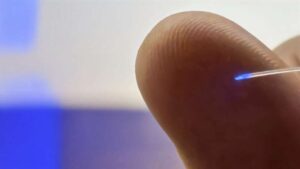
Gentle implant can illuminate, listen and deliver medication to the brain
A new type of brain implant may have implications for both brain research and future treatments of neurological diseases such as epilepsy.
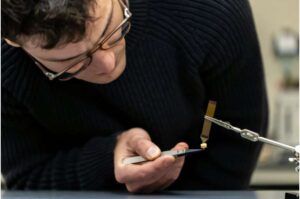
Neural implant approach regrows surrounding skull, ensuring safe access to the brain
A study led by Dartmouth Engineering professors demonstrates a possible new technique for connecting electronic implants with the surface of the brain, as well as a new method for ensuring safe, long-term medical access to the brain.

Experimental pill dramatically reduces ‘bad’ cholesterol
An experimental pill called enlicitide slashed levels of low-density lipoprotein (LDL) cholesterol, commonly known as “bad” cholesterol, by up to 60%, according to a new phase three clinical trial published in the New England Journal of Medicine.
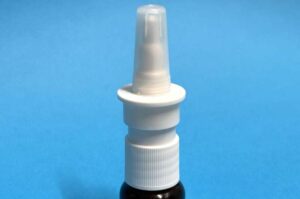
Nasal spray for flu prevention shows promising trial results
Researchers have developed a nasal spray for flu prevention that has shown promising results in preliminary human trials.

Nuvo’s First-of-Its-Kind Pregnancy Monitoring Wearable Ushers in a New Era of Pregnancy Care
AVENTURA, Fla., Feb. 4, 2026 /PRNewswire/ — Nuvo Intl Group Inc. today announced that pregnant moms can lease the FDA-cleared INVU wearable solution , a cloud-based pregnancy monitoring platform designed for use at home or at work, directly through their physician or healthcare provider.
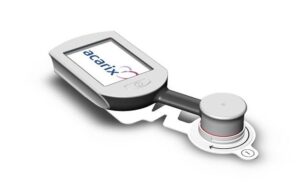
Acarix Receives EU MDR Certification for the CADScor®System
OKLAHOMA CITY, Feb. 4, 2026 /PRNewswire/ — Acarix today announced its CADScor®System has successfully achieved certification under the European Union Medical Device Regulation (EU MDR 2017/745).

Dexcom adds enhanced smart meal logging feature to Stelo CGM
Dexcom (NSDQ:DXCM) announced today that it plans to launch an advanced AI-enabled enhancement to its Stelo over-the-counter CGM.
